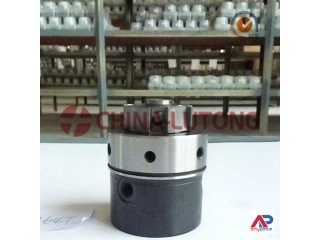What is a 3-Phase Motor and How Does it Work?
2021-12-07 08:19 Automobiles Baranagar 262 views Reference: 141Location: Baranagar
Price: Contact us
Three-phase motors (also annotated numerically as 3-phase motors) are widely used in industry and have become the workhorse of many mechanical and electromechanical systems because of their relative simplicity, proven reliability, and long service life. Three-phase motors are one example of a type of induction motor, also known as an asynchronous motor, that operates using the principals of electromagnetic induction. While there are also single-phase induction motors available, those types of induction motors are used less frequently in industrial applications but are widely used in domestic applications such as in vacuum cleaners, refrigerator compressors, and air conditioners, owing to the use of single-phase AC power in homes and offices. In this article, we will discuss what a three-phase motor is and describe how it operates. To access other resources about motors, consult one of our other motor guides covering AC motors, DC motors, Induction motors, or the more general article on the types of motors. A full list of related motor articles is found in the section on related articles.
To understand single phase motor, it is useful to first understand three-phase power.
What is a 3-Phase Motor?
Three-phase motors are a type of AC motor that is a specific example of a reducer motor. These motors can be either an induction motor (also called an asynchronous motor) or a synchronous motor. The motors consist of three main components – the stator, the rotor, and the enclosure.
These principles form the basis for understanding how a three phase induction motor works.The speed that is generated by a 3-phase AC motor is a function of the AC supply frequency since it is the source of the RMF in the stator coils. Therefore, some AC motor controllers operate by using the AC current input to generate a modulated or controlled frequency input to the motor, thereby controlling the speed of the motor. Another approach that can be used to control motor speed is by altering the slip (described earlier). If the slip increases, the motor speed (i.e. the speed of the rotor) decreases.














